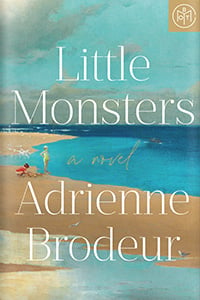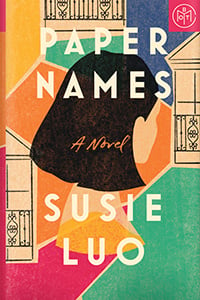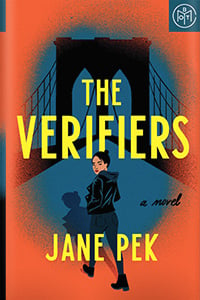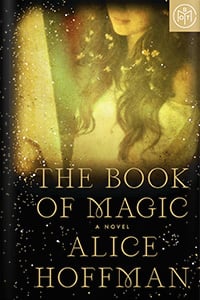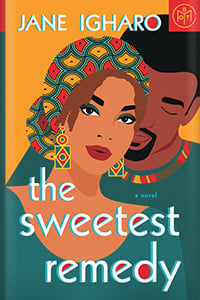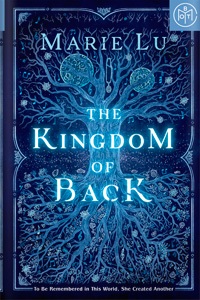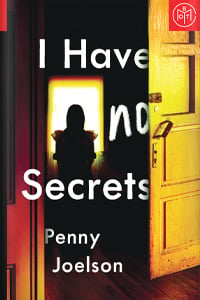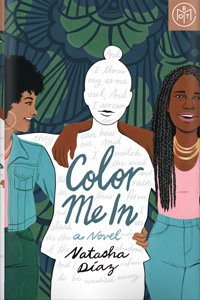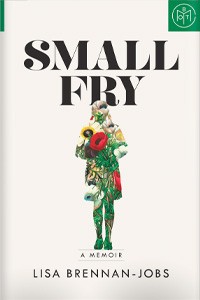

Literary fiction
& Sons
by David Gilbert
Quick take
A prism through which Gilbert examines, well, everything: fathers & sons, husbands & wives, success & failure, aging & youth. It's bookended by death but there's a whole lot of life.
Good to know
400+ pages
Family drama
Cerebral
NYC
Why I love it
Josh Radnor
May 2016
I bought & Sons by David Gilbert not long after it came out and it sat on my nightstand for about two years, taunting me. I somehow got it in my head that the book was long and forbidding (it was physically heavy) and I kind of semi-consciously started to view it as homework. I try to read these days for either pleasure or edification, but a mixture of the two is what I really seek. All of which is to say I was totally wrong about & Sons. It turned out to be a swift and gorgeous read, both nourishing and wildly entertaining.
& Sons centers around a spectacularly famous though reclusive older author named Andrew "A.N." Dyer, who is much more skilled as a writer than as a father. His coldness has left him adrift from his two older sons, Richard and Jamie, and in a late-in-life act of penance he attempts a do-over with his third son, seventeen-year-old Andy, the product of an affair that destroyed his marriage to Richard and Jamie's mother.
The book is topically narrow (literary New York) but thematically huge, the story a prism through which Gilbert examines, well, everything: fathers and sons, husbands and wives, success and failure, aging and youth. The book starts and ends with a funeral. It's bookended by death but in its pages there's a whole lot of life. Which is not to say life, or lives, well-lived. & Sons is populated by vividly drawn, well-meaning characters who can't quite say what they feel and manage to offend when their intention is the exact opposite.
My father (a man very much unlike the withholding patriarch at the center of this book) and I have an ongoing, amusing debate about narrative. He is often baffled/frustrated that fictitious characters make such bone-headed illogical decisions and screw up their lives so badly. My response is that no one wants to watch people make a series of good decisions. It's inherently undramatic. Drama is about conflict and obstacle and for those elements to be present, people have to screw up. I'm not even sure I entirely believe that all the time (functional, healthy people can be dramatically compelling) but the twists and turns of & Sons do illustrate my point.
Gilbert's prose is consistently startling; I found myself underlining passages every few pages. Some of my favorites: "Grace commanded the second pew, her whole family jammed together, the six of them sour and insistent, like the richest people flying coach." On Andy: "...this 17 percent boy with the zit goatee and the shaggy hair and the stubborn baby fat around his middle like he was halfway through digesting his younger softer self." A character described as "baseball handsome." Another: "She would make a fabulous stepmother someday."
Reading & Sons reminded me of the pleasures of literary fiction, of being granted access to a rarified, insular world populated by characters I didn't know I needed in my life until they were there. My acting teacher at NYU, Ron Van Lieu, used to urge his students to "expand your definitions of yourselves." This is what books are so uniquely good at – granting a backstage pass to experiences which are not our own. David Foster Wallace once said we're all marooned in our own skulls – a true, if depressing, statement. But books are the best remedy we have for this sorry state. I'm glad I'm not A.N. Dyer - or his sons - but I feel enlarged by having spent time in their company.






































